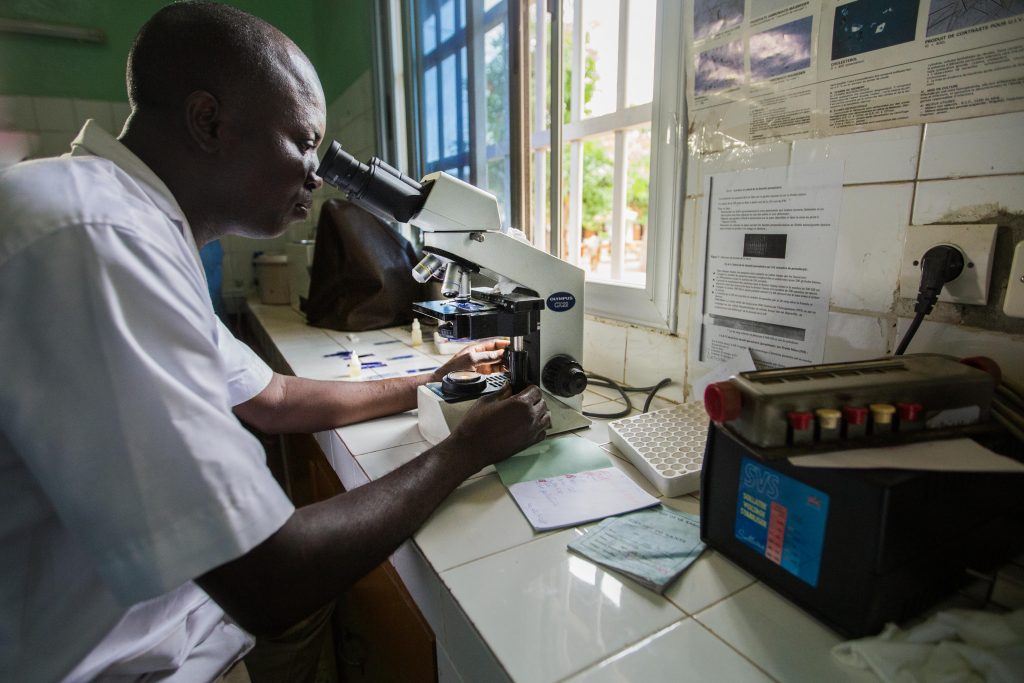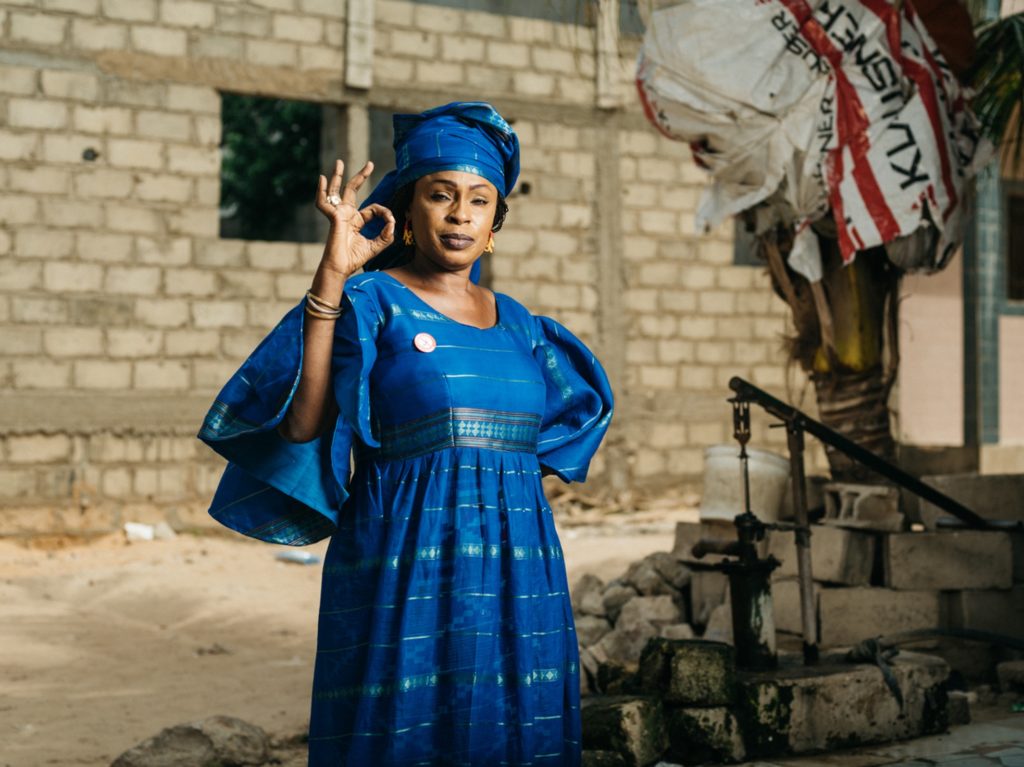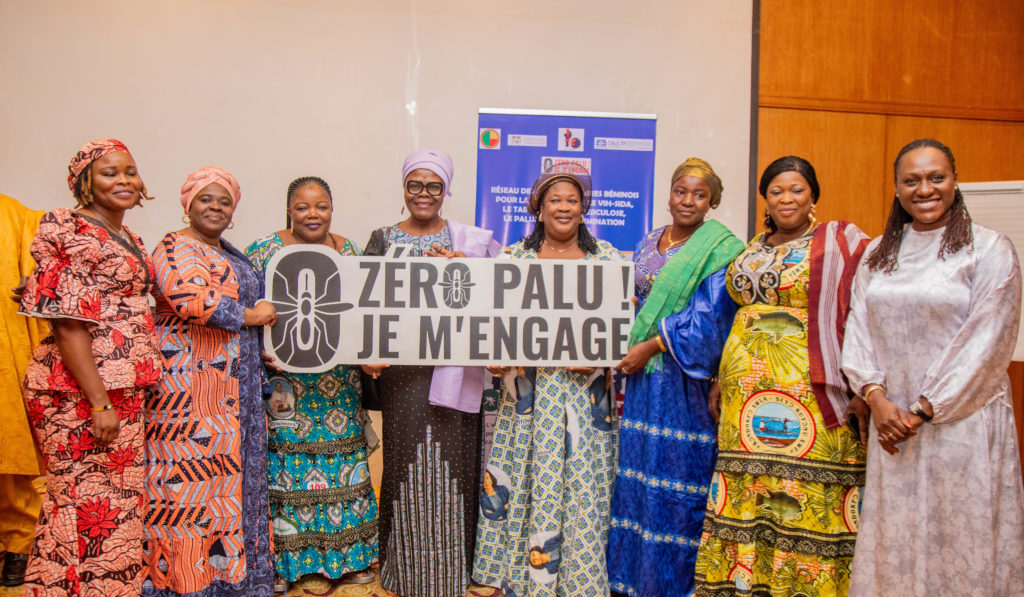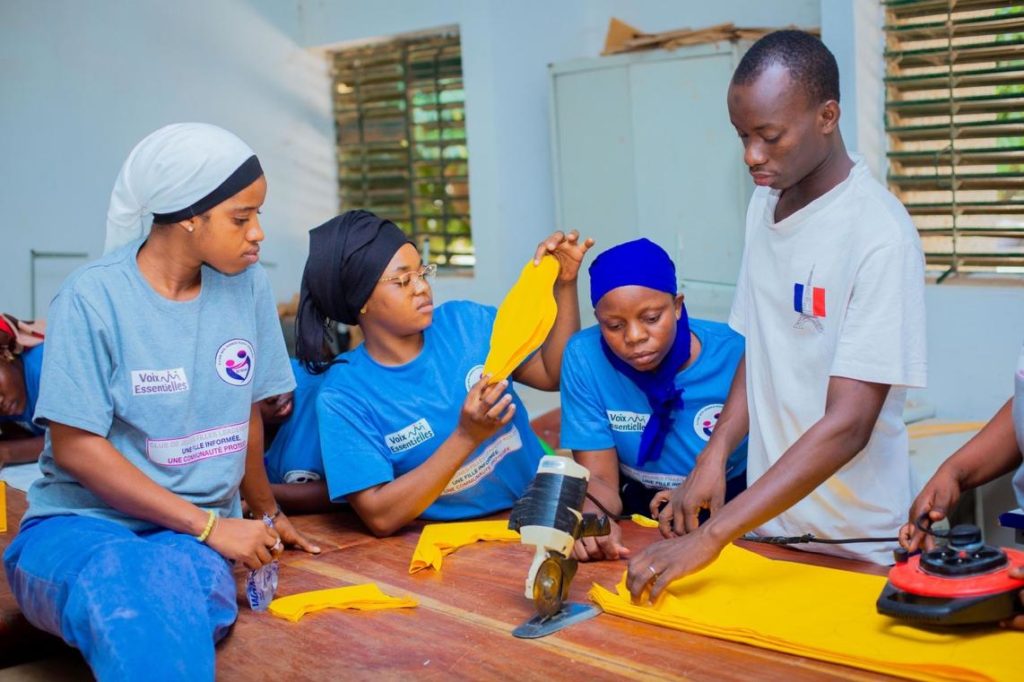Speak Up Africa announces new African Voices of Science initiative to champion R&D in Africa

Today, Speak Up Africa announces its latest initiative , African Voices of Science in collaboration with established scientists, researchers and health experts to generate an open public discourse on key health challenges and solutions across the continent.
Through African Voices of Science, leading African scientists are communicating about the benefits of medical research and innovation, and the impact of global health crises such as COVID-19, sharing these crucial messages through traditional media, social media and events.
By amplifying credible voices who can speak up for research and development and shift the narrative on COVID-19 in Africa, the initiative aims to reinforce the importance of increased investment in the Research & Development sector while building trust in health innovation.
More than a dozen scientists with specialist expertise in a broad range of health issues from across Kenya, Nigeria, Mali, Senegal and South Africa are participating highlighting topics ranging from COVID-19 vaccine trials to emerging new research in infectious diseases. African Voices of Science also provides a platform for experts to share their own research and development innovations with the wider public.
“Putting innovation front of stage, and building trust and engagement in it, must be at the heart of our efforts to achieve a stronger, healthier future for Africa. I am therefore proud to use my voice to ensure that our research and development sector is prioritized, to harness the collective talents of our continent’s eminent scientists and researchers”
Pr Awa Marie Coll-Seck, Minister of State to the President of Senegal, Chair of the scientific committee for the Galien Forum Africa and former Minister of Health and Social Action, Senegal.
In 2020, COVID-19 put an emphasis on research and development like never before. The COVID-19 crisis has emphasized the need for local experts to be providing sound, factual information to help people interpret data and guidance, understand risks and appropriately respond to their local context. From public health to scientific research to the economy, there is a great deal of misinformation and speculation being spread via traditional and social media.
Moreover, innovations in medical research over recent years have led to incredible achievements for public health in Africa. Misinformation could, however, slow the development and delivery of innovation – impeding clinical trial recruitment and the acceptability and uptake of new tools and measures to prevent, treat and diagnose diseases that holds back the development of the African continent.
“The importance of effective communication can never be underestimated. That is true now more than ever, as we see the effects of the infodemic that has accompanied the clinical COVID-19 pandemic. It takes time, patience and close work with communities to overcome their fears and misunderstandings. The COVID-19 vaccination program will require the same patience and community engagement to ensure the required uptake is achieved.”
Pr Samba Sow, Director General, CVD-Mali and Special Envoy on COVID-19 Preparedness and Response WHO Director-General’s Special Envoys.
“During the COVID-19 pandemic, we need to prioritize community leadership, and maintain community trust. The Ebola crisis in West Africa ended when the community took the lead. We must ensure the public has access to reliable and accurate information. We must involve the public during the whole process of developing and rolling out vaccines. Scientists will need to actively and frequently engage with the public, through media, social media and radio,”
Dr. Neema Kaseje, Paediatric Surgeon & Public Health Specialist, Surgical Systems Research Group, Kisumu, Kenya
Find out more and discover the full panel of experts participating in the initiative here.


